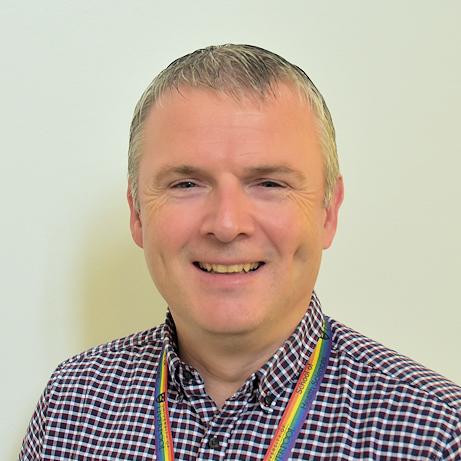Our research
- University home >
- School of Allied Health Professions and Nursing >
- Our research
The School of Allied Health Professions and Nursing conduct world-leading research into various areas of healthcare for the advancement of patient experiences, clinical practice, our understanding of disease mechanisms and various other health related issues.
Our research is entrenched in ‘real world’ clinical issues, making an impact on patients’ lives and the wider population. We promote collaborative working between our academics and clinicians across Nursing and Allied Healthcare Professional groups, inspiring them to deliver high quality applied research and advance practice. We ensure efficient translation into practice through our strong partnerships with senior leaders of regional NHS Trusts.
Our applied research programme ensures staff and students see research as ‘everyone’s business’ and an essential component of modern-day healthcare. We endeavour to strengthen research capacity and capability across the professions to deliver the Clinical Academic Nurse and Allied Healthcare Professional leaders of tomorrow.
We are committed to harnessing the talent of staff and students, to collectively produce leading research that is powerful, innovative and impactful. We host numerous clinical academics, offer post-graduate research training; conduct cross-cutting projects and have an active CPD academic staff training programme.
Our challenges
Cancer treatment, care and recovery
Our research is focussed on optimising radiotherapy technologies for patient outcomes and support. We also research ways in which supportive care and rehabilitation can improve outcomes for cancer patients and their families and how best to integrate these into clinical practice.
Children, young people and families
Our aim is to maximise the health and wellbeing of children, young people and their families through highly original, innovative and population based, person centred research.
Mental health and wellbeing
In England one in four people will experience a mental health problem each year. Our research include investigations into mental health and wellbeing within student, healthcare and veteran populations, social prescribing in primary care, play, compassion and the impact of trauma across the life course.
Neuro-rehabilitation and assistive technologies for health
Our research is focused on understanding the control of human movement in order to understand disease mechanisms, prevent disability and improve quality of life / participation across a range of acquired, developmental and genetic neurological and neuromusculoskeletal conditions.
Case studies
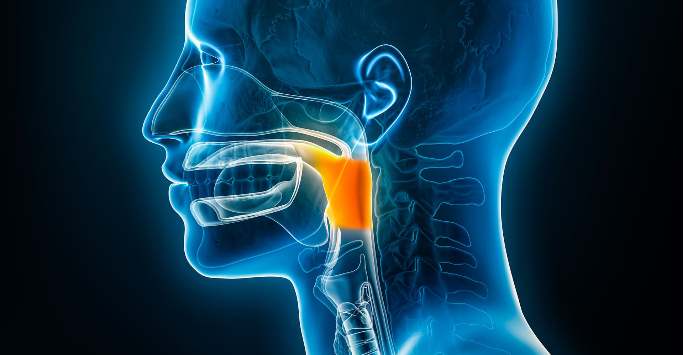
Optimising the ability to eat and drink after head and neck cancer treatment
Our researchers are part of a multi-disciplinary team investigating how to reduce the side effects of treatment for oropharyngeal cancer, to enable a better quality of life for patients.
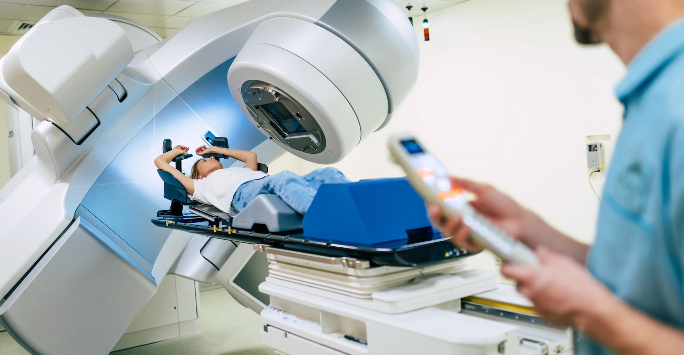
Simulated versus traditional therapeutic radiography placements
Funded by the Office for Students, our researchers have developed a novel, integrated simulation placement for therapeutic radiography and oncology students.
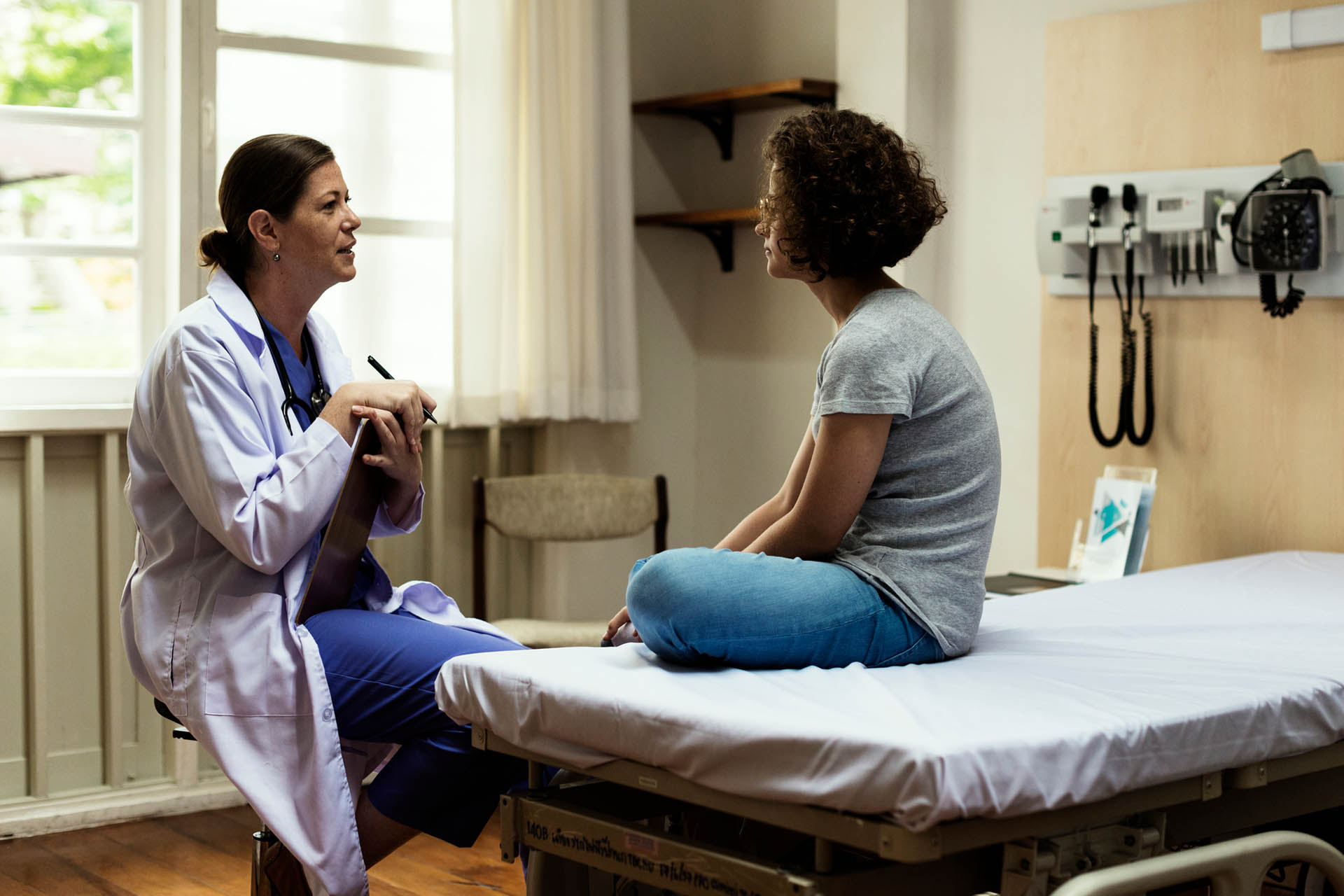

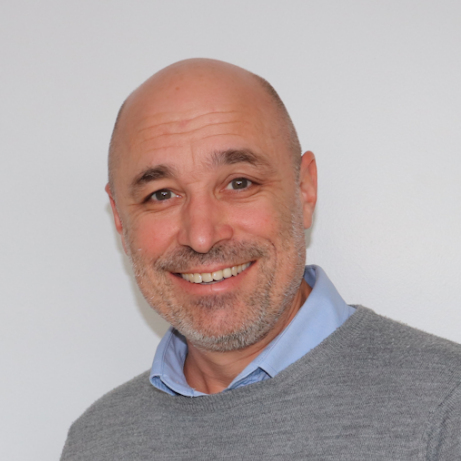

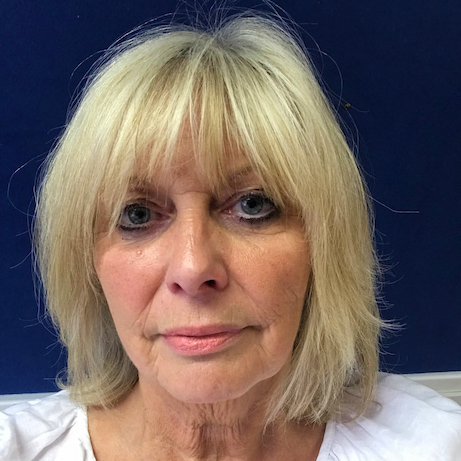
.jpg)
.jpg)

